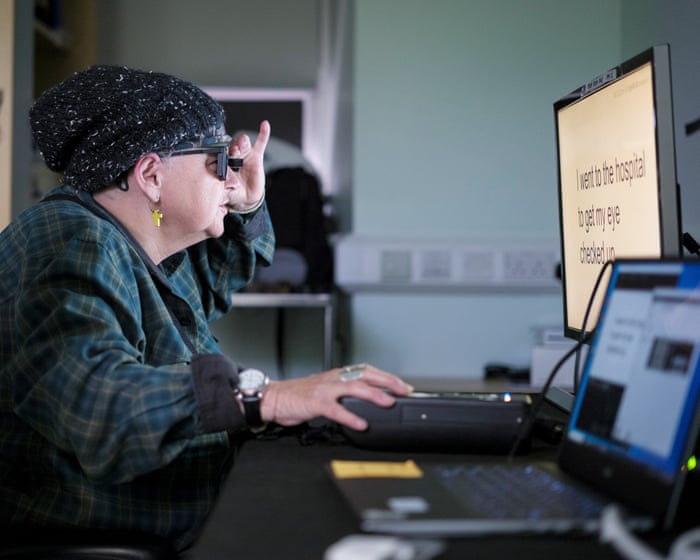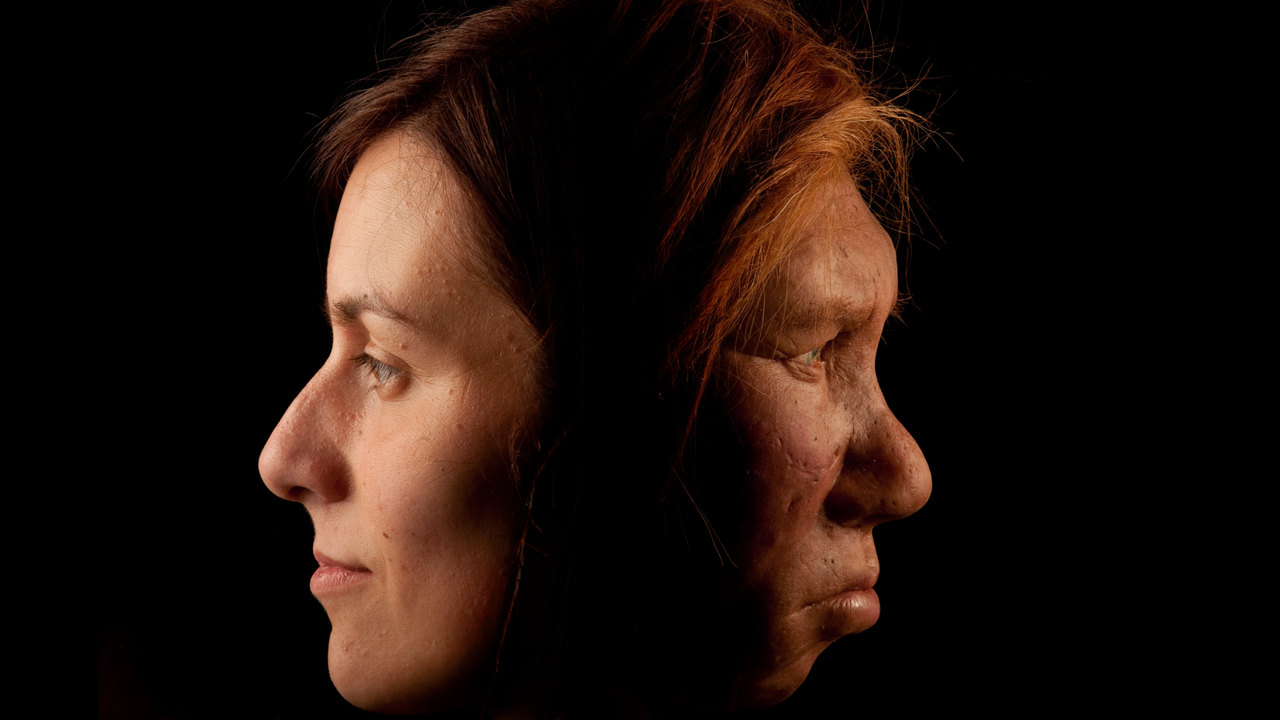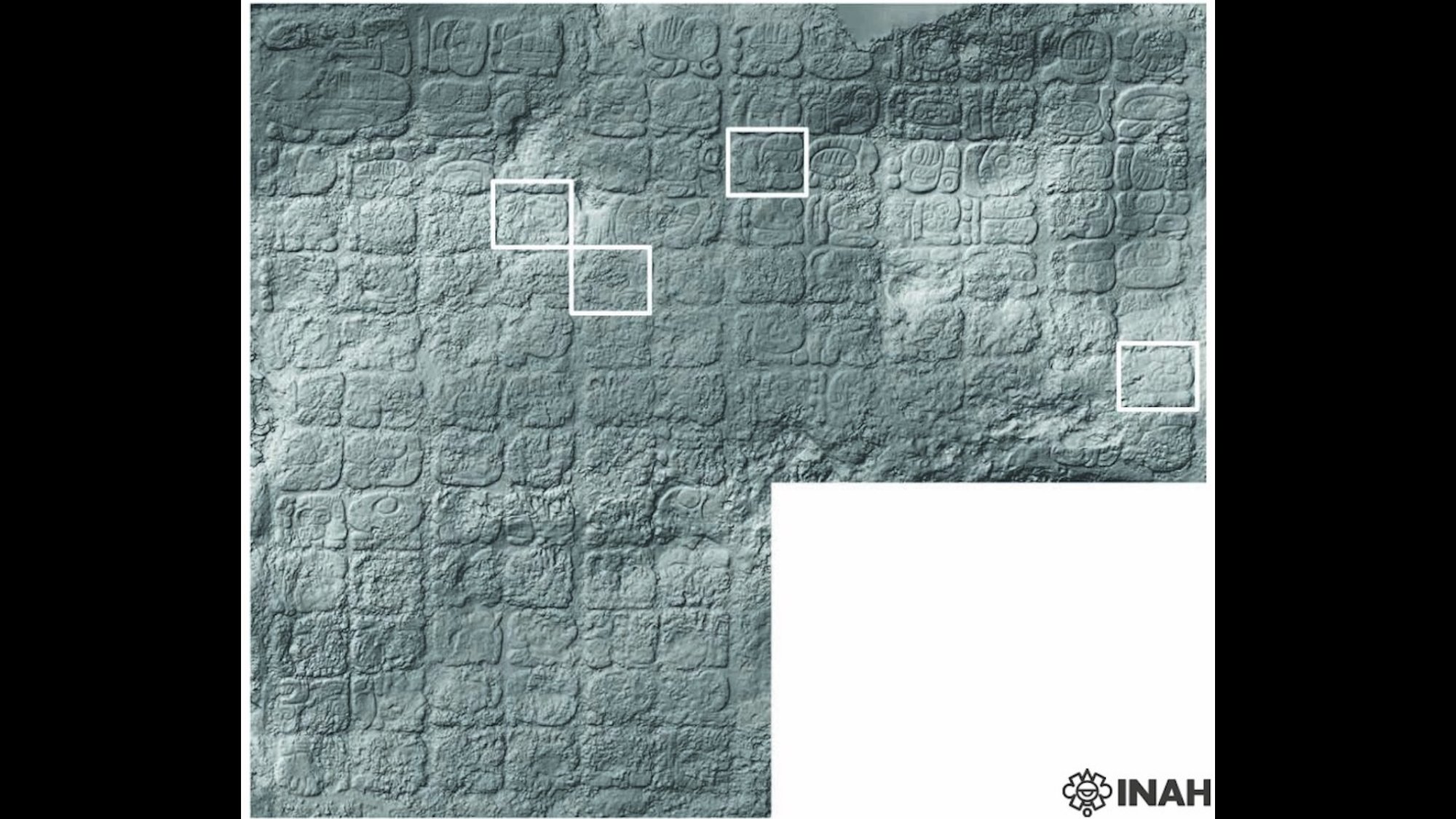The ‘remarkable’ implant that can restore sight – podcast
PositiveScience

A groundbreaking electronic eye implant, thinner than a human hair, is giving hope to those suffering from incurable sight loss, marking a significant advancement in the fight against blindness. In a recent podcast, surgeon Mahi Muqit from Moorfields Eye Hospital in London discusses the transformative impact this technology has had on his patients and the promising future it holds for vision-loss therapies. This innovation not only restores sight but also opens doors to new possibilities in medical science, making it a pivotal moment for those affected by visual impairments.
— Curated by the World Pulse Now AI Editorial System






